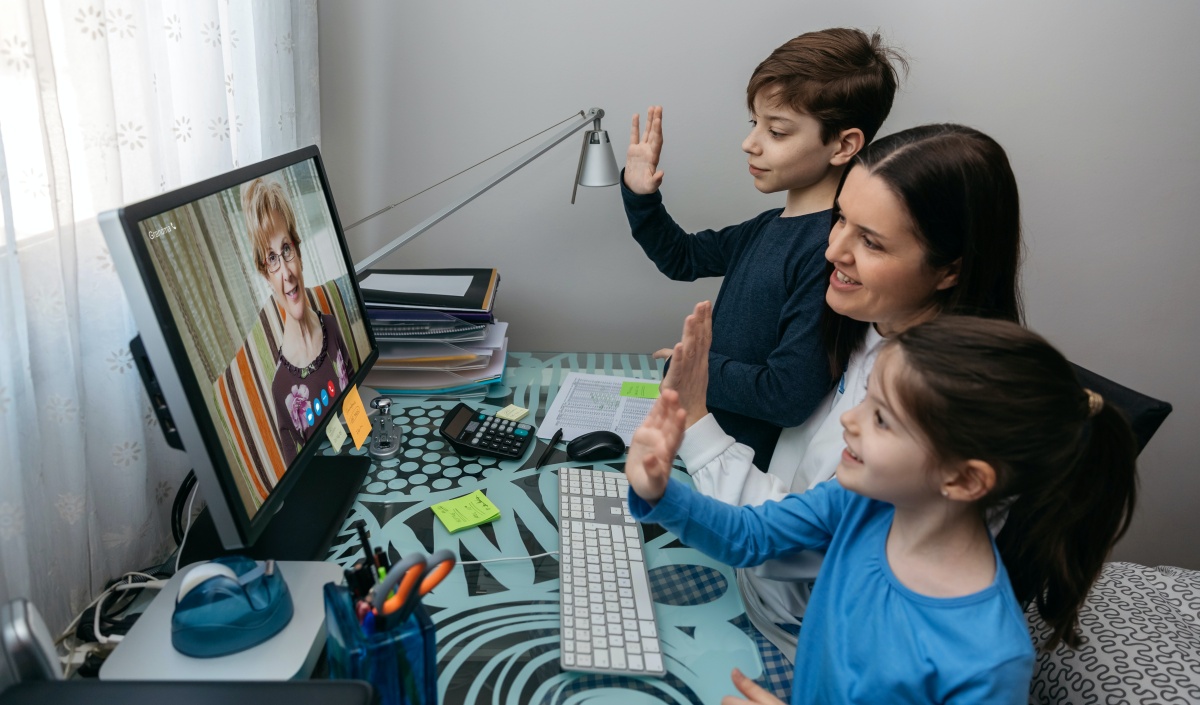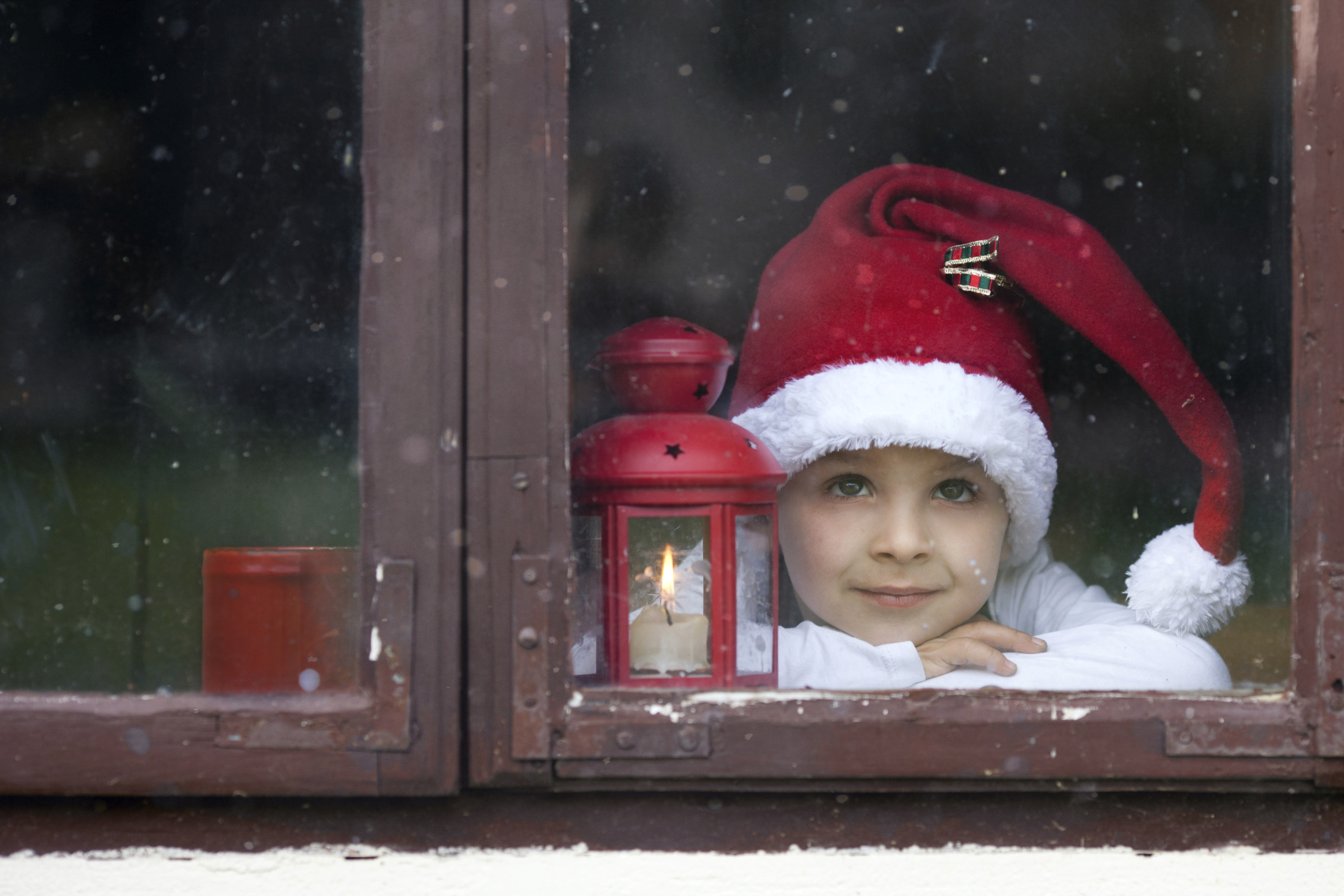
Grief is really hard. And unfortunately, grief can’t be outrun. It just keeps showing up. It shows up in that song on the radio. It shows up in those memories on Facebook. It shows up in the passenger seat of your car. It shows up in the church pew you used to share. And every night, without fail, it shows up on their side of the bed. It just keeps showing up.
Grief is really hard. It’s the constant reminder that when your whole world seems to have stopped, the rest of the world just keeps going. I don’t blame the rest of the world for moving on. I’m glad it does. It’s supposed to. But, it’s hard. It’s hard to understand how the world can keep on moving when the biggest part of your world is gone.
Grief is really hard. And I’m 40 years old. I don’t know if that makes me old, but in those 40 years, I’ve experienced a lot of loss. I’ve lost really good friends, aunts and uncles, grandparents, mentors, neighbors, and a little over a year ago, I lost the most important person in my life, my wife, Rachel.
Grief is really hard. Now, imagine you’re a kid. Imagine trying to navigate through grief and all that comes with it, at five or six or seven years old. Imagine trying to explain to your teacher why your mommy won’t be showing up to “meet the teacher night.” Imagine having to tell the kids on your tee ball team why your mommy is never at the games. Imagine doing Mother’s Day or Christmas without your mommy this year. Imagine the constant reminder, each evening at the dinner table, as mommy’s chair sits empty, and daddy has made yet another awful meal.
I was reminded of how little I know about grief in children a few months ago as I was driving my nine-year-old little girl home from a therapy session. Sometimes she talks to me after her sessions, sometimes she doesn’t and it’s ok with me either way. But on this day, she talked and out of the blue she asked, “Daddy, if you get married again one day, does that mean that we will lose grandma and papa too?”
Grandma and Papa are my in-laws and her grandparents and this question stopped me in my tracks. So much so that I pulled the car over on the side of the road and gave her my full attention. I wanted her to know that this was a safe place and that no question she asked dealing with her grief would ever go unnoticed. So we talked about it, on the side of the road, as cars zoomed on by and as the world just kept moving forward. We talked.
I don’t know if I said the right thing. I’m not trained to handle these situations. I’m just her dad, who loves her with all that I am, and I did my best to tell her that nothing could ever take her grandma and papa away. That they will always be a part of our lives. Not just a part, but a big part. And that will never change.
Walking with kids through their grief is really hard. Mainly because, just like adults do, each child will grieve differently. There isn’t a right or wrong way to grieve and there sure isn’t a playbook for how to navigate through it.
That being said, if I were ever in a position to give advice on anything, this may be it. Not because I’ve figured it all out, but more so because we are living it. Each and every day, my three kids and I stumble through grief together. It’s not always pretty and to be honest, most days are a mess. But maybe through our messiness, all of my mistakes, and a few things that I’ve learned along the way, there may be something here that can equip you as you walk with your child through their grief journey.
Don’t whisper
I know that I haven’t done everything right, but one of the things that I’m really proud of and wouldn’t change, is that we never whispered. From the moment my wife got sick, we talked. We talked openly. We talked candidly. We didn’t whisper. Kids are smart. They have incredible insight into what’s happening around them. And had we pretended that everything was ok when what we were dealing with was far from ok, I think the side effects would have been irreversible. Be honest. Be open. Let them in because you’re all in this together.
Be present
Pull the car over. Put the phone down. Close the computer. Turn off the TV. The webinar can wait. Most things can wait. If your kid is having a hard day, if they want to talk, or they just want to be near you, make sure you’re there. Be available to them. Not just in proximity, but in presence.
Don’t make assumptions
Assumptions are dangerous and most of the time, they are wrong. I assumed my oldest knew that if I got remarried one day, her grandma and papa would still be in her life. I assumed wrong. She had no idea. You see, making assumptions is easy. But it’s selfish. Your assumptions come from your interpretation of what’s happening. From your past experiences. Armed with your information. Instead of making assumptions, ask questions. Lots of them. And then listen. I think you’ll learn a ton from what you gather by just asking questions and listening. I know that I do.
Be patient
As adults, we all handle grief very differently, now imagine trying to handle it as a kid. Each child has their own way. They have their own pace. They have their own process. There is no right or wrong. It’s not our job to speed it up or slow it down. It’s our job to love them where they are and to hold space with them as they navigate through it. I know I want others to be patient with my process, it’s only right that we are with theirs.
Throughout our lives, there will be many different times when grief will present itself. Broken dreams, unfulfilled promises, broken marriages, an incurable disease, or in our case, the death of someone we all loved so dearly. We just need to remember that grief is a process that takes time and may never fully go away. And that’s ok. There will be ups and downs. There will be highs and lows. And it’s not our job to “fix” our kids through grief, but it is our job to grab their hands and walk alongside them through it.
I do want to encourage you in the fact that your child will smile again. They will laugh again. They will thrive again. And so will you. Because believe it or not, tears and smiles can coexist. And even in the midst of grief, there can be joy. I promise.




